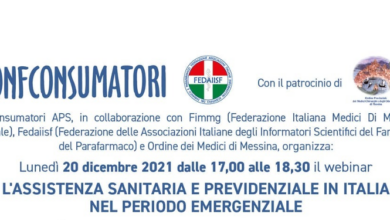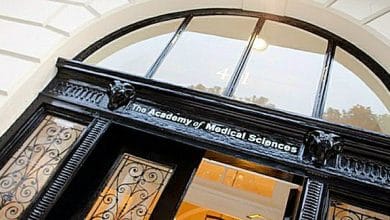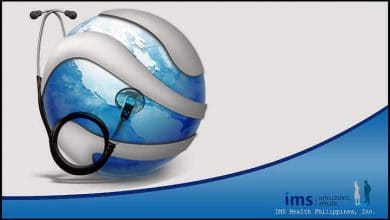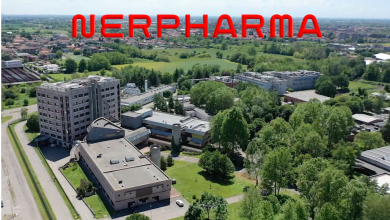
 The attention that the "narrative medicine» has conquered in recent years, even in Italy (perhaps more among non-experts than among doctors), should not be read as an alternative to medicine based on evidence of effectiveness: it is not a conflict between acronyms, «Nbm » against «Ebm», the umpteenth confrontation in a country that recognizes itself in the bell tower factions. Here are some data.
The attention that the "narrative medicine» has conquered in recent years, even in Italy (perhaps more among non-experts than among doctors), should not be read as an alternative to medicine based on evidence of effectiveness: it is not a conflict between acronyms, «Nbm » against «Ebm», the umpteenth confrontation in a country that recognizes itself in the bell tower factions. Here are some data.
In Italy, the visit with whom many still indicate as the "family doctor" lasts nine minutes. It's not about bad habits and even less about guilty inattention: each of the patients who crowd the waiting room of a maximalist would like to be able to count on the concentrated attention of his doctor for at least 20-30 minutes. However, the hour and a half of waiting he suffers for each of the nine minutes multiplied by the 10 patients who arrived before him would instead become 300: five hours. Unthinkable!
Story interrupted
 On the other hand, there are various researches – collected in a volume edited by Alfredo Zuppiroli («The plots of care», Bulgarini Editore) – from which it is clear that the patient almost never has time to tell the doctor why he went to the surgery, explaining the reasons that he had diligently organized himself at home. And the habit is documented whereby the doctor intervenes to interrupt the patient's story on average 16 seconds after it begins, so that less than 2% of patients manage to resume and complete the speech he had in mind after being interrupted. This bad habit, but for many doctors - as we wrote forced by the contingency of guiding the interview rather than preparing to listen - brings with it the loss of many useful information, both at the time of diagnosis and of treatment and consequent prognosis.
On the other hand, there are various researches – collected in a volume edited by Alfredo Zuppiroli («The plots of care», Bulgarini Editore) – from which it is clear that the patient almost never has time to tell the doctor why he went to the surgery, explaining the reasons that he had diligently organized himself at home. And the habit is documented whereby the doctor intervenes to interrupt the patient's story on average 16 seconds after it begins, so that less than 2% of patients manage to resume and complete the speech he had in mind after being interrupted. This bad habit, but for many doctors - as we wrote forced by the contingency of guiding the interview rather than preparing to listen - brings with it the loss of many useful information, both at the time of diagnosis and of treatment and consequent prognosis.
For at least 20 years, the research of the Clinical Psychology group of the San Paolo Hospital in Milan has focused on these issues, now led by Elena Vegni but who had her inspiring guide in Egidio Moja – in Italy, and beyond, a true forerunner - by organizing the work of the team in order to suggest how best to use the nine minutes of the visit, focusing the doctor's attention on the patient rather than on the disease and suggesting strategies to combine the unavoidable constraints of the healthcare organization with the real needs of the sick. It will be interesting to follow the experiment which will be held in Bologna, as part of the next and first edition of the «Festival della 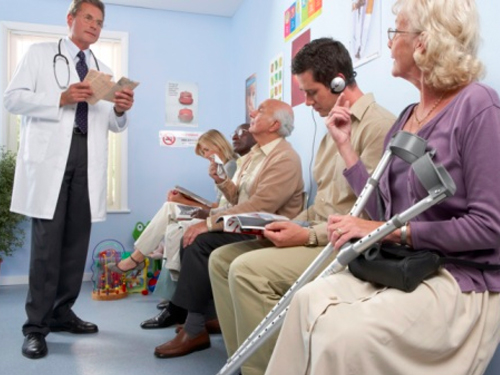 Medical Science» (www.bolognamedicina.it) in a curious format entitled «Visit in lane»: real hospital beds placed in Palazzo Re Enzo, false patients (some students of the Faculty of Medicine reciting their own medical records) and the public following some «primary », encountering the same pathology but in different historical periods: a uterine hemorrhage, jaundice, an orthopedic pathology, at the beginning of the 20th century, in the 60s, in the 90s and today! Understand the history and evolution of diagnoses and medical treatments by remembering how the doctor visited patients when he had almost none of the current and extraordinary diagnostic aids available and healing was based on listening, knowledge and the consequent ingenious clinical insight.
Medical Science» (www.bolognamedicina.it) in a curious format entitled «Visit in lane»: real hospital beds placed in Palazzo Re Enzo, false patients (some students of the Faculty of Medicine reciting their own medical records) and the public following some «primary », encountering the same pathology but in different historical periods: a uterine hemorrhage, jaundice, an orthopedic pathology, at the beginning of the 20th century, in the 60s, in the 90s and today! Understand the history and evolution of diagnoses and medical treatments by remembering how the doctor visited patients when he had almost none of the current and extraordinary diagnostic aids available and healing was based on listening, knowledge and the consequent ingenious clinical insight.
Narrative twist
If then by "narrative medicine" we can also mean what happened following the episodes of "House" or, more recently, of "The Knick", where we understand how much philological accuracy and historical documentation are conditions that are anything but secondary for the conquest of the general public of television; if it can also mean re-reading some pages of Chekhov, Cronin, Bulgakov, Céline, Oliver Sacks – as Massimo Popolizio will do, again in Bologna, on May 8th – or of those doctors who have decided to become writers… well! then it will perhaps appear clearer to us how far we have come, already only since the end of the nineteenth century, and how we should not take for granted the gigantic and impetuous progress of medical science in the last century.
PINO DONGHI LA SAPIENZA UNIVERSITY – ROME – 04/29/2015 – THE TUTTOSCIENCE PRESS


